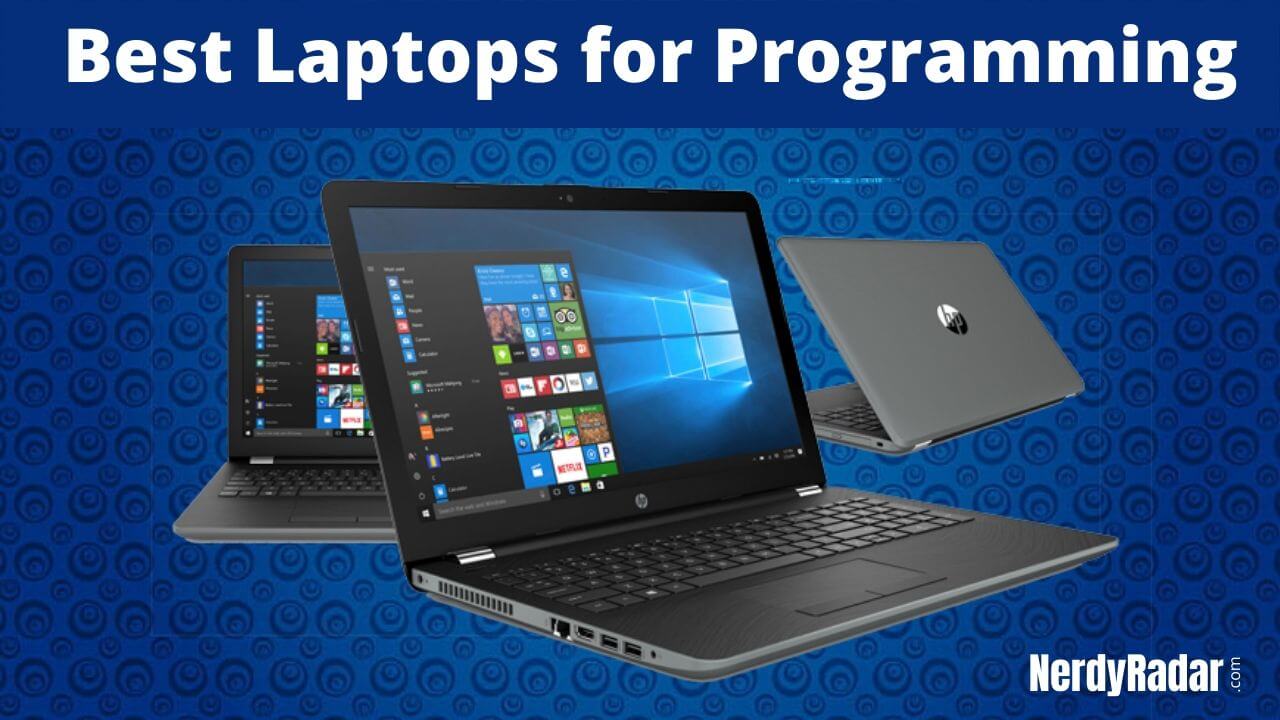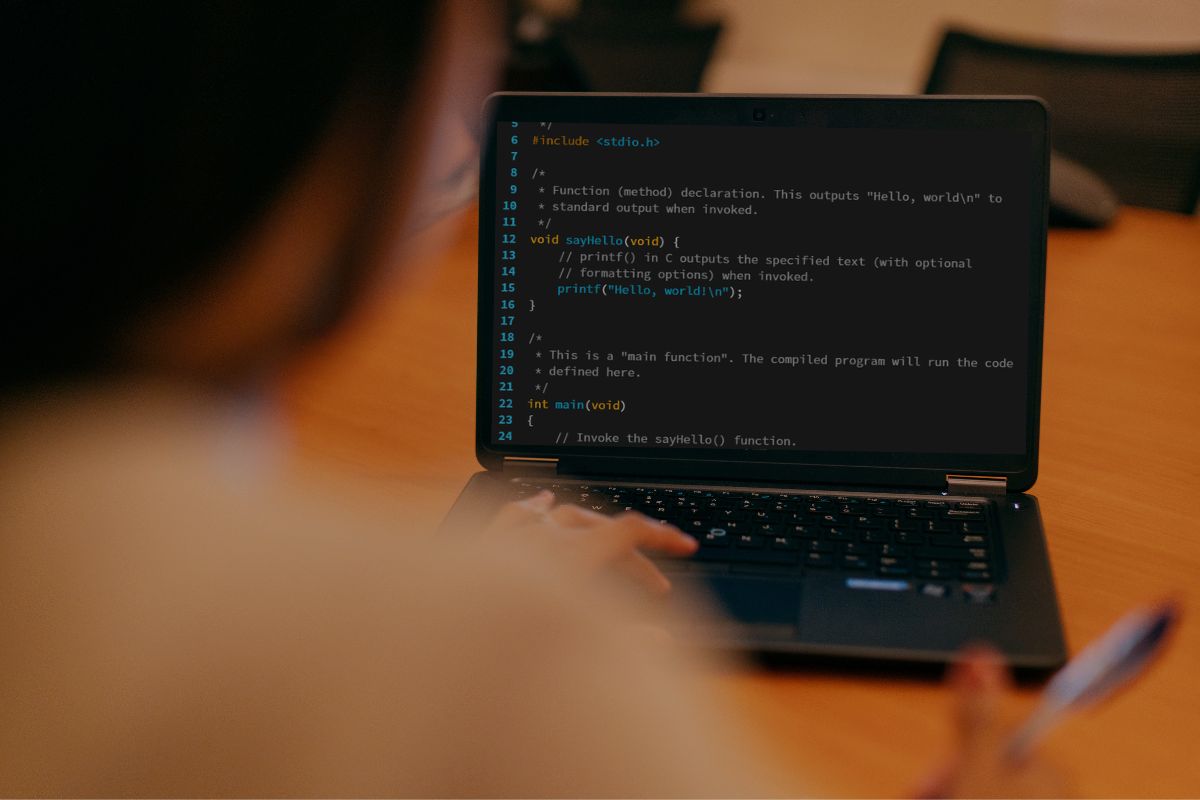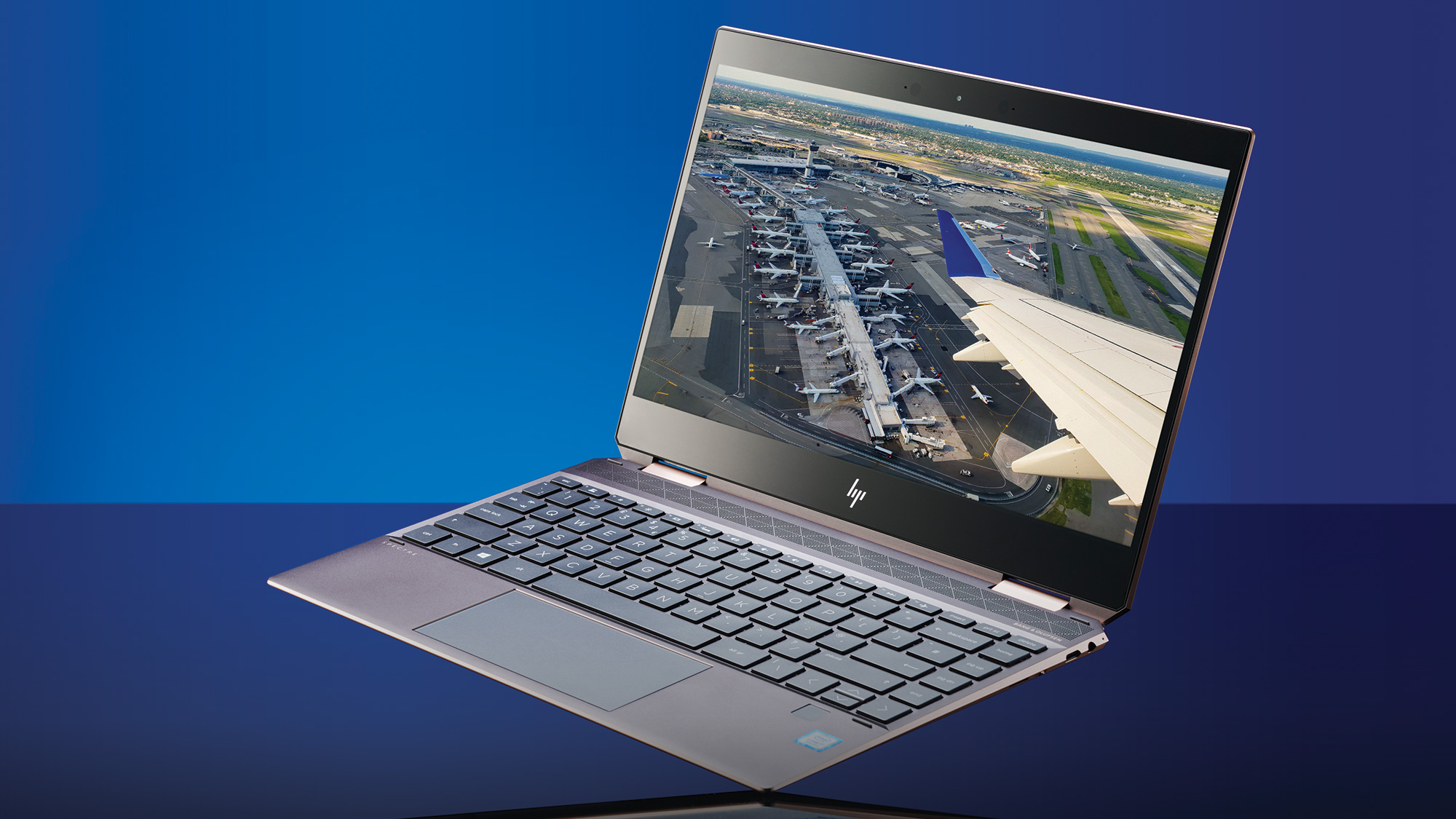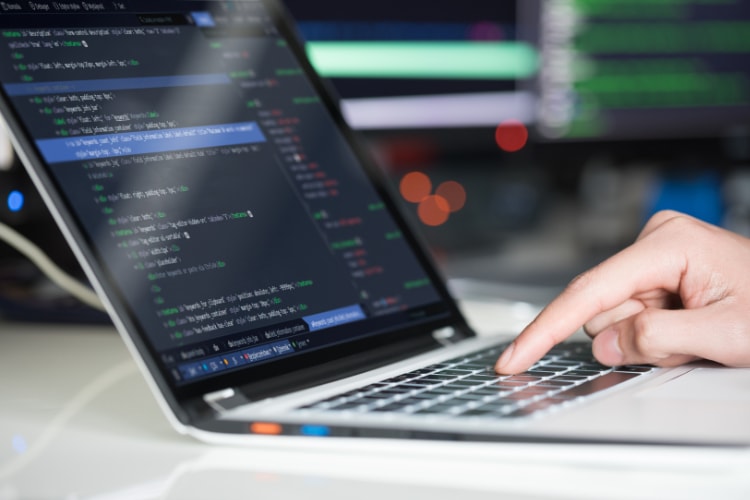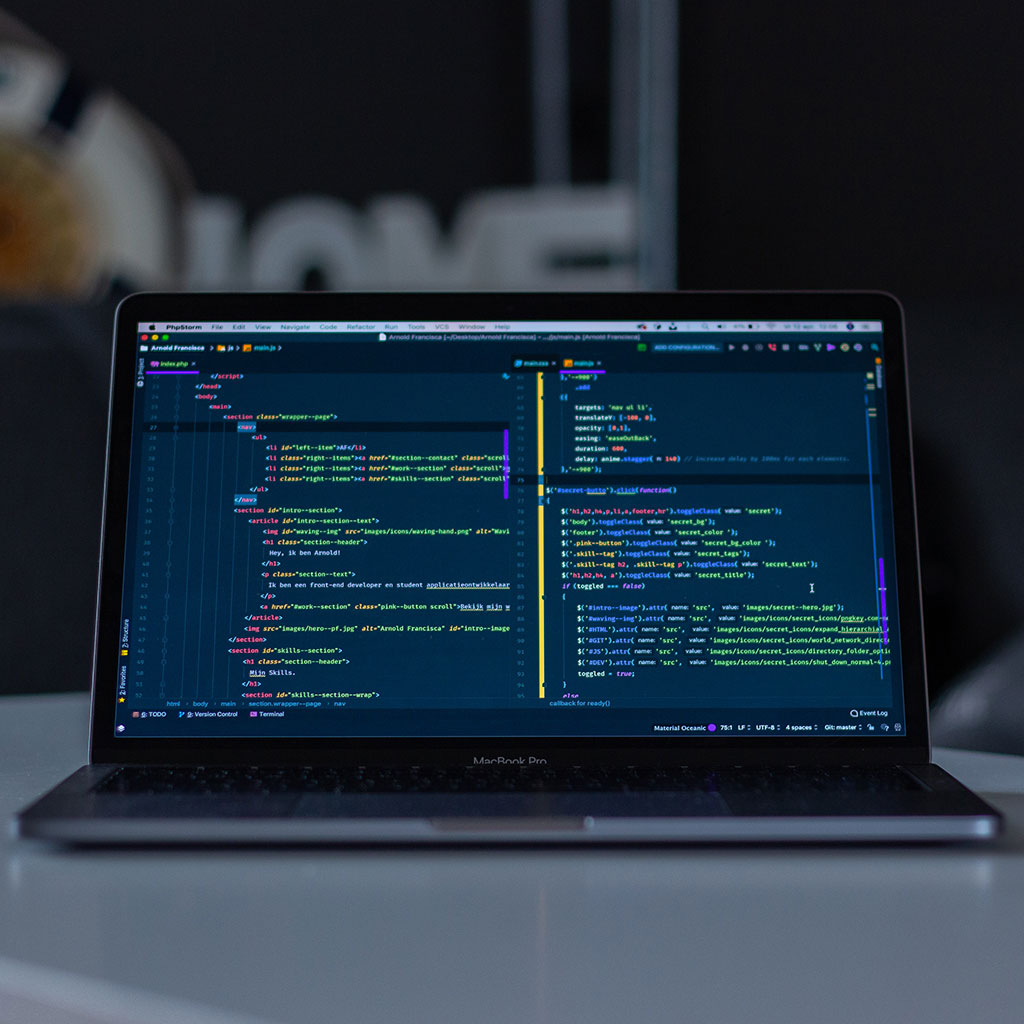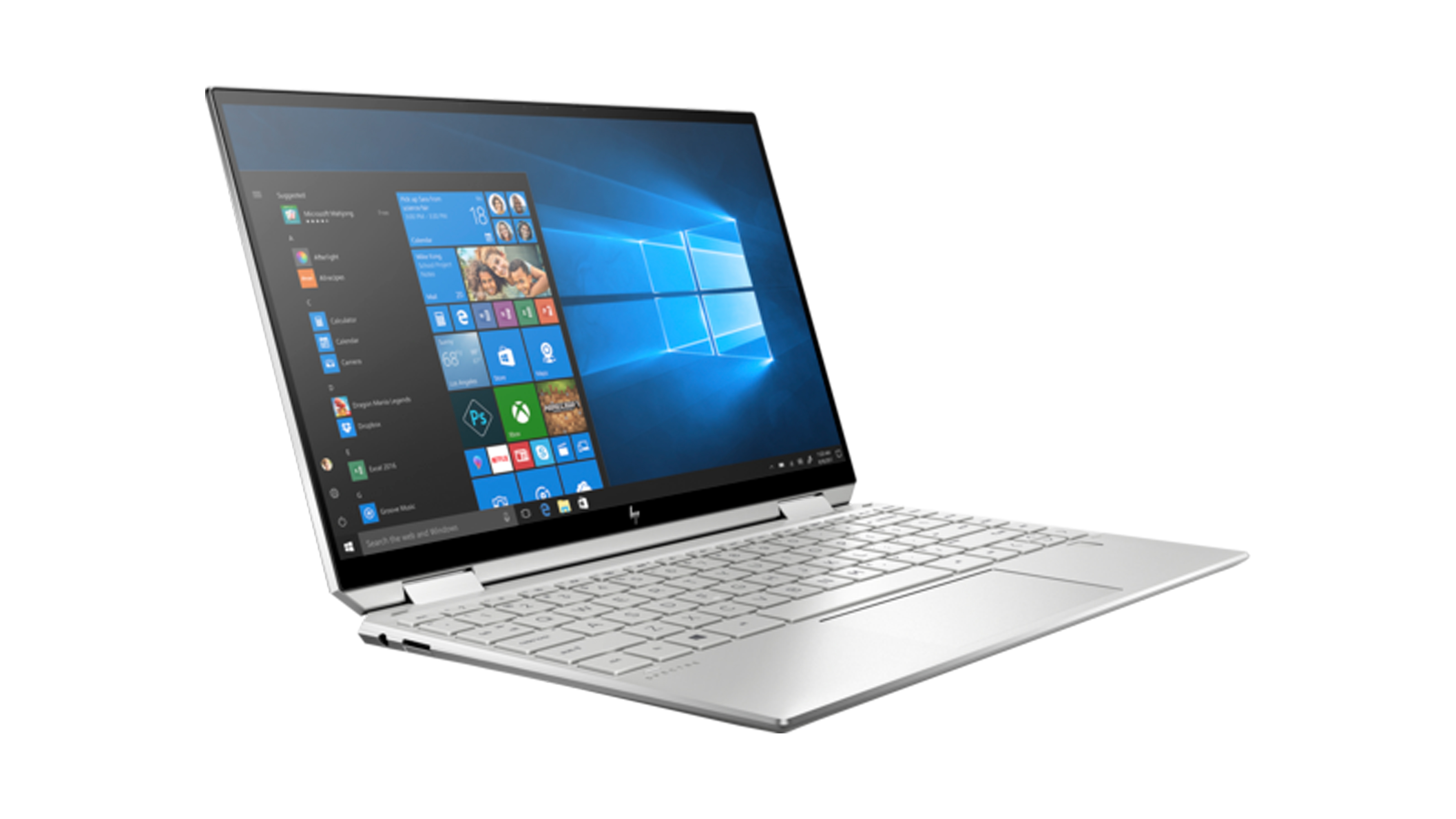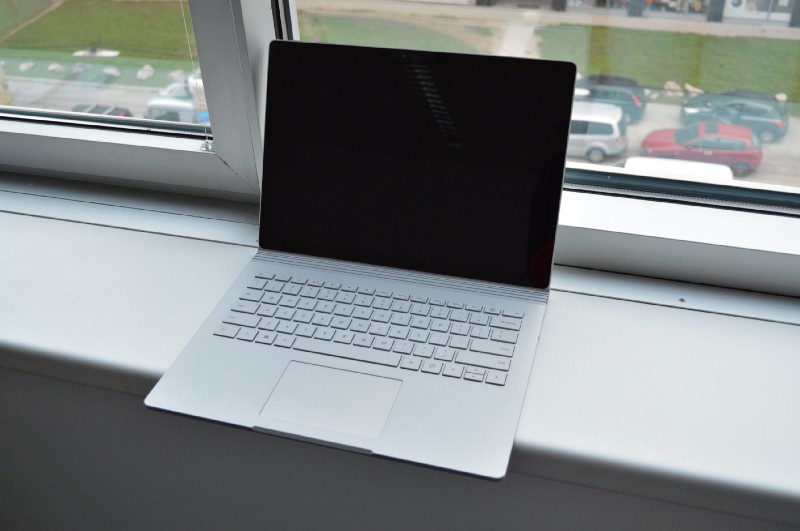Is Laptop Good For Programming
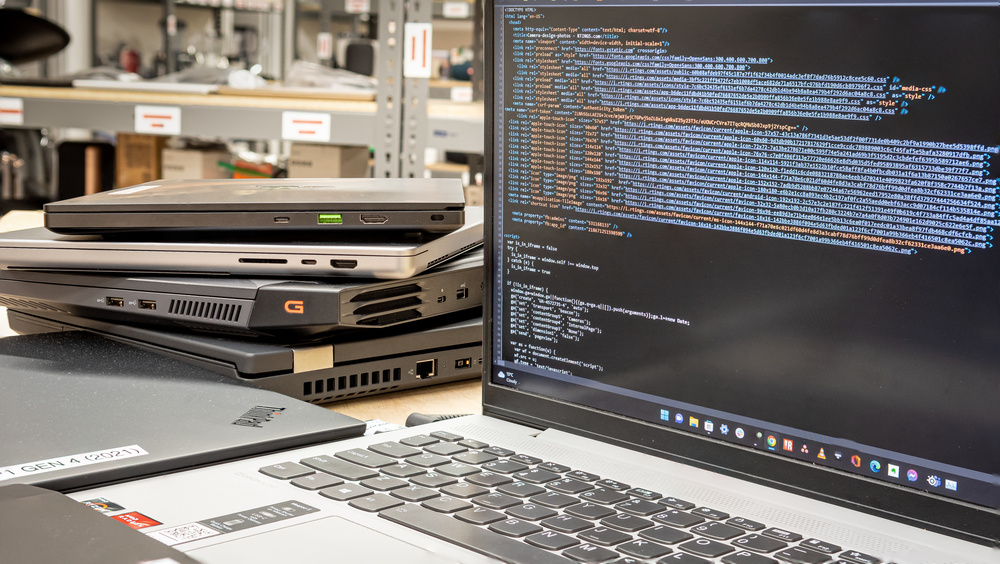
Thinking about diving into the world of coding? You're probably wondering if a laptop is the right tool for the job. The good news is, laptops are practically synonymous with programming these days, offering portability and power in a single package. But with so many options out there, picking the right one can feel overwhelming. This article aims to cut through the confusion and help you choose the perfect laptop for your programming journey.
Why Your Laptop Choice Matters for Programming
Your laptop isn't just a device; it's your coding workstation. A slow or unreliable machine can quickly become a source of frustration, hindering your productivity and even impacting your motivation. Investing in a good laptop can significantly improve your programming experience, allowing you to focus on learning and creating.
Consider the types of projects you'll be working on. Web development, mobile app creation, data science, and game development each have different hardware demands. The right laptop will meet those demands, ensuring smooth performance and preventing bottlenecks.
Top 5 Laptops for Programming: A Comparison
| Model | Price (USD) | CPU | RAM | Storage | Warranty |
|---|---|---|---|---|---|
| Apple MacBook Pro 14" | $1999 | Apple M2 Pro | 16GB | 512GB SSD | 1 Year Limited |
| Dell XPS 15 | $1499 | Intel Core i7-13700H | 16GB | 512GB SSD | 1 Year Basic |
| HP Spectre x360 14 | $1299 | Intel Core i7-1355U | 16GB | 512GB SSD | 1 Year Limited |
| Lenovo ThinkPad X1 Carbon Gen 11 | $1649 | Intel Core i7-1355U | 16GB | 512GB SSD | 3 Year Limited |
| ASUS ROG Zephyrus G14 | $1599 | AMD Ryzen 9 7940HS | 16GB | 1TB SSD | 1 Year Limited |
Detailed Reviews
Apple MacBook Pro 14"
The MacBook Pro is a powerhouse, thanks to its Apple Silicon chip. It offers excellent performance, a stunning display, and a long battery life. However, it comes at a premium price, and the macOS ecosystem might not be for everyone.
Dell XPS 15
The Dell XPS 15 is a well-rounded option with a sleek design and powerful components. It's a good choice for both programming and other tasks like content creation. Its display is vibrant, and the keyboard is comfortable for extended typing sessions.
HP Spectre x360 14
The HP Spectre x360 14 is a 2-in-1 laptop that's perfect for those who want versatility. It boasts a beautiful OLED display and a comfortable keyboard. Its performance is adequate for most programming tasks, but it might struggle with more demanding workloads.
Lenovo ThinkPad X1 Carbon Gen 11
The Lenovo ThinkPad X1 Carbon is known for its durability, excellent keyboard, and long battery life. It's a great choice for programmers who need a reliable machine for on-the-go work. While not the most powerful, it provides a solid balance of portability and performance.
ASUS ROG Zephyrus G14
The ASUS ROG Zephyrus G14 is a gaming laptop that also excels at programming. It features a powerful AMD Ryzen processor and a dedicated graphics card. This makes it suitable for demanding tasks like game development and machine learning.
Used vs. New: Which is Right for You?
Buying a used laptop can save you money, but it also comes with risks. Pros: Lower price, less environmental impact. Cons: Potential for hidden problems, shorter lifespan, limited warranty.
A new laptop offers peace of mind and the latest technology. Pros: Full warranty, latest features, guaranteed performance. Cons: Higher price, faster depreciation.
If you opt for a used laptop, thoroughly inspect it before buying and consider buying from a reputable seller with a return policy. Check battery health, screen condition, and keyboard functionality.
Reliability Ratings by Brand
Laptop reliability can vary significantly between brands. Apple and Lenovo are generally considered to be among the most reliable brands, while HP and Dell also offer solid options. ASUS reliability is generally good, but their gaming laptops may experience higher failure rates due to the increased thermal stress.
These are just general trends, and individual experiences may vary. Always read reviews and do your research before making a purchase. Consider extended warranty options for added protection.
5 Must-Check Features Before Buying
- Processor: Choose a CPU with at least 4 cores (Intel Core i5/Ryzen 5 or better).
- RAM: 16GB of RAM is highly recommended for smooth multitasking.
- Storage: Opt for an SSD (Solid State Drive) with at least 256GB for fast boot times and application loading.
- Keyboard: Ensure the keyboard is comfortable for extended typing sessions.
- Display: A Full HD (1920x1080) display is the minimum requirement; consider a higher resolution for better clarity.
Summary
Choosing the right laptop for programming is a personal decision based on your budget, needs, and preferences. Consider factors like processor speed, RAM, storage type, keyboard quality, and display resolution. Evaluate whether a new or used laptop is a better fit for your situation.
Reliability is also a crucial factor; research different brands and consider extended warranty options. Remember that a good laptop is an investment in your programming journey. It should empower you to learn, create, and build amazing things.
By carefully considering all the factors discussed in this article, you can confidently choose a laptop that will serve you well for years to come.
Take Action!
Now that you're armed with knowledge, start your search! Compare different models, read reviews, and visit local electronics stores to test out the keyboards and displays. Don't be afraid to ask questions and seek advice from experienced programmers. Your perfect coding companion is out there waiting to be discovered.
